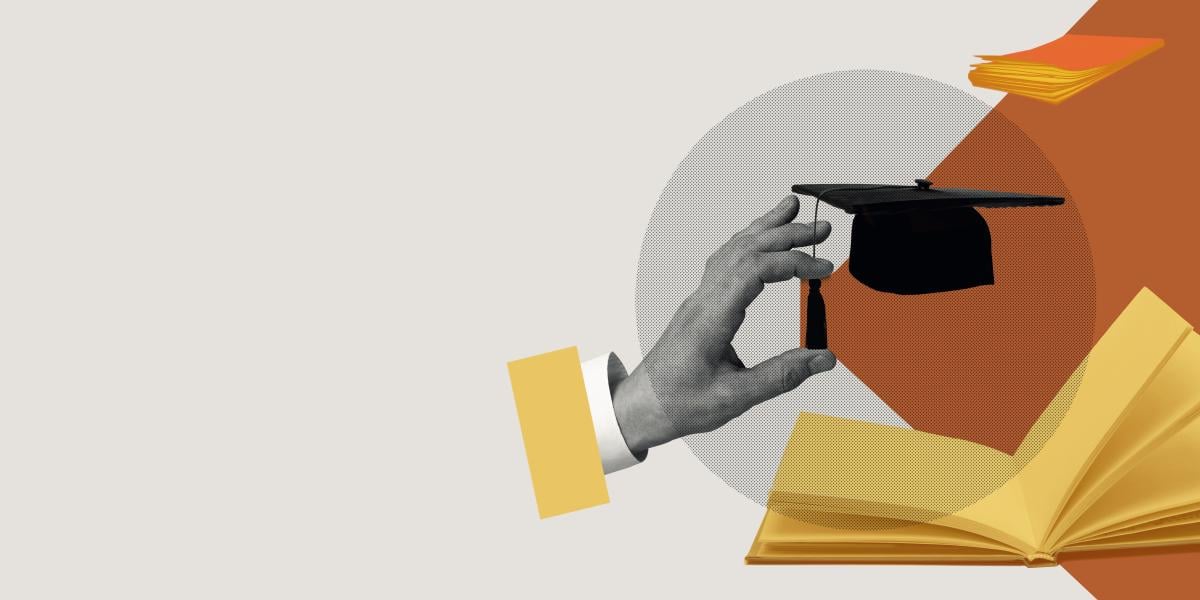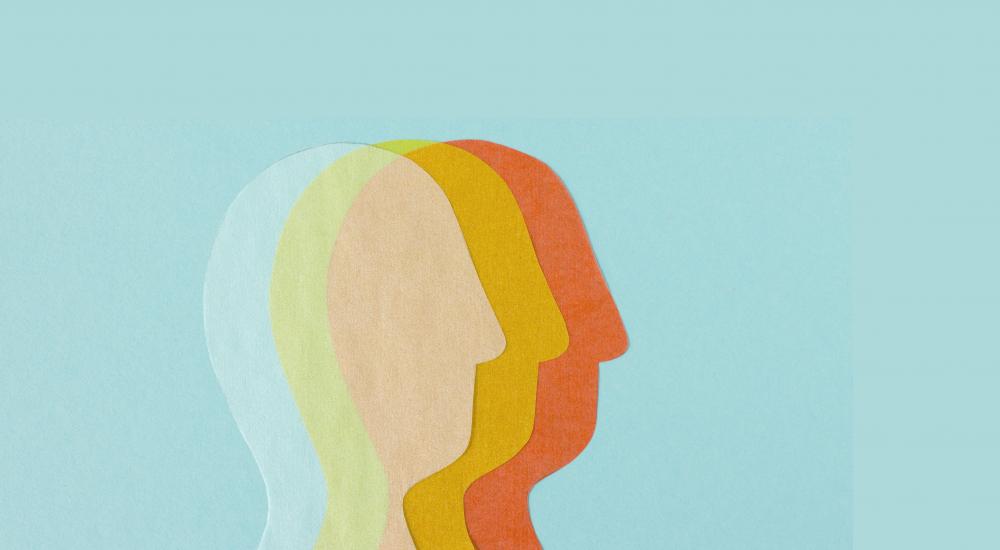International Education as Global Diplomacy

In a globally connected world, international education plays a critical role in developing students into citizens who can successfully understand and engage with people from other cultures and countries. The effort to bring this understanding onto campus and into study abroad programs may not have the same protocols as formal diplomatic relations, but it is every bit as much a form of global diplomacy.
“Global diplomacy is all about the interactions between nations, and that can be quite formal,” says Opal Leeman Bartzis, executive director of education abroad at Michigan State University. “But citizen diplomacy is based on the power of the individual to make person-to-person connections and to bring about positive impacts; and while it may be informal, it can contribute on an individual level to solutions to global problems.”
While the concept of global diplomacy has a natural intersection with international education, it is often more implied than stated. “If you look at graduate programs that are related to disciplines, or other global theme fields, it actually is explicit,” says Shannon Márquez, dean of global engagement and director of the Columbia University Center of Undergraduate Engagement. “At the undergraduate level, with the cadre of subjects and general education requirements, diplomacy is implied but not explicitly stated.”
“Citizen diplomacy is based on the power of the individual to make person-to-person connections and to bring about positive impacts; and while it may be informal, it can contribute on an individual level to solutions to global problems.” —Opal Leeman Bartzis
However














